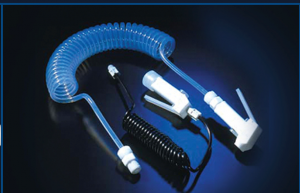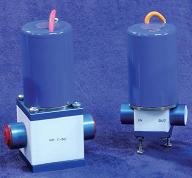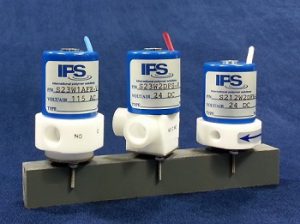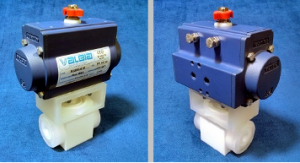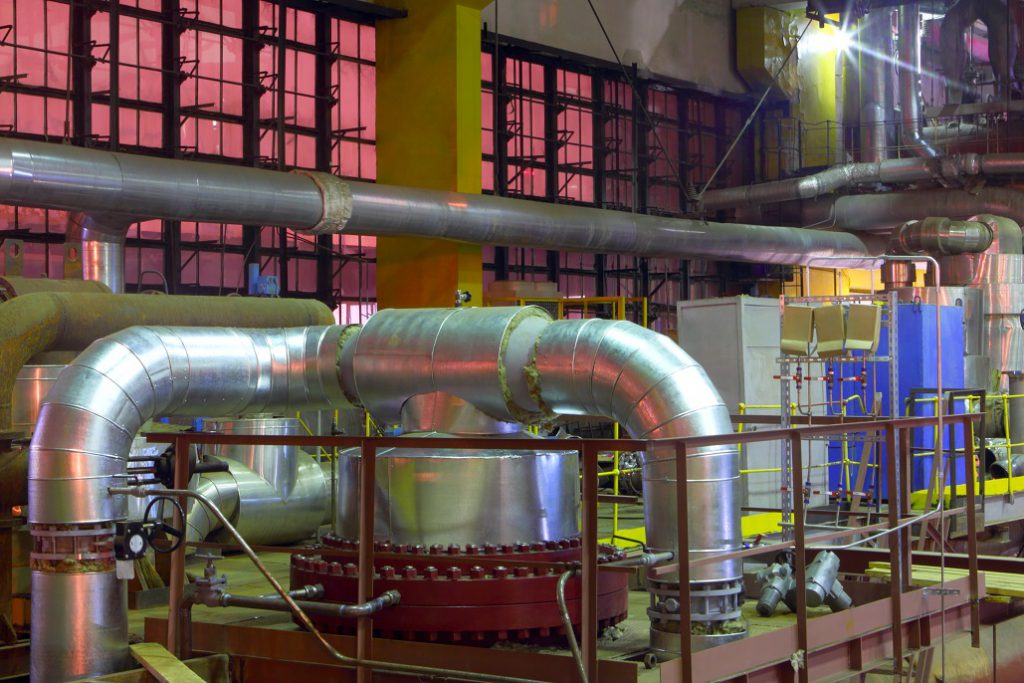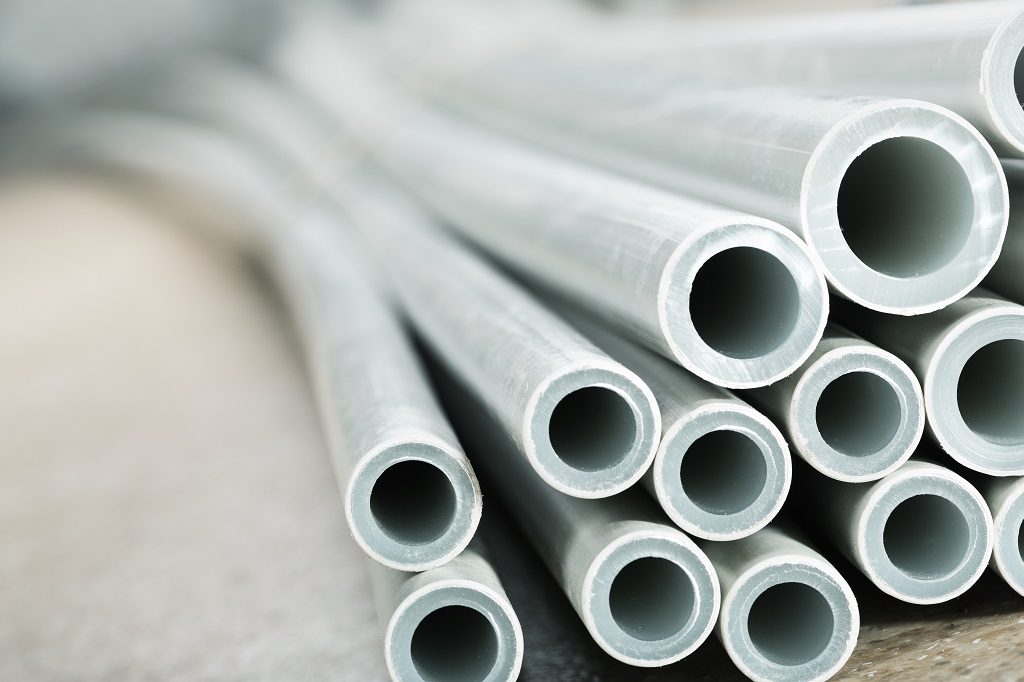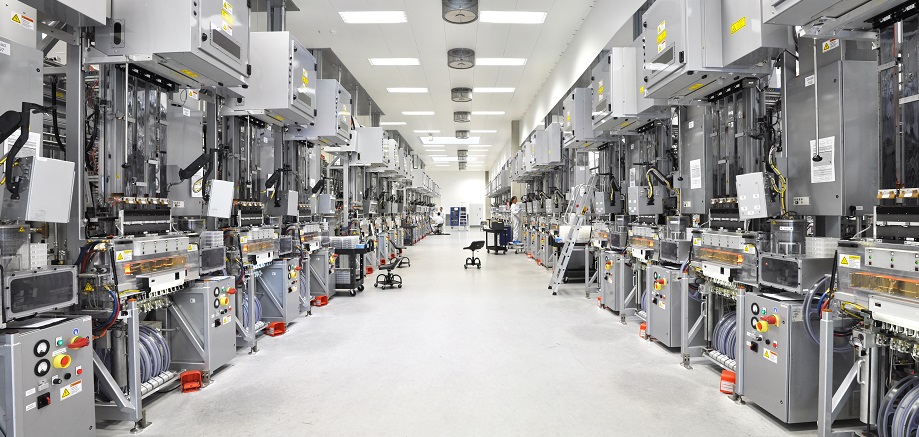Manufacturing and assembling products in a cleanroom environment require specialized equipment to
reach specific ISO cleanroom standards. One common tool used in cleanroom manufacturing and
assembly is the nitrogen spray gun. iPolymer is a dedicated global manufacturer of high-purity fluid
handling products and cleanroom manufacturing equipment. We offer 3 different nozzle configurations:
Nitro-1, Nitro-2, and Nitro-2-FT which are the standard hand spray, standard spray gun, and front trigger
spray gun respectively. In combination with various hose material and fittings, we offer 6 different
packages: the Nitro-3, Nitro-3T, Nitro-4, Nitro-4T, Nitro-4-FT, and Nitro-4T-FT.
Nitrogen spray guns are a specialized cleaning tool designed to effectively clean large surfaces in
cleanroom manufacturing and assembly applications. Molecular Nitrogen () is a common diatomic
molecule composing of 78% of the Earth’s atmosphere. Two nitrogen atoms form a triple bond resulting
in a colorless, odorless, tasteless, and inert gas at normal temperatures and pressures. Nitrogen gas is
cleaner and drier than conventional air, making it effective for clearing microscopic debris from surfaces.
PTFE is a synthetic fluoropolymer of tetrafluoroethylene consisting of long chains of carbon and fluorine
atoms which results in chemical inertness. Polypropylene is similarly a thermoplastic polymer consisting
of long chains of carbon and hydrogen atoms which also results in high chemical resistance. Our spray
guns are primarily composed of PTFE and Polypropylene and are designed for peak protection against
corrosion, acid deterioration, and acid fume attacks.
The most common products you will see produced with nitrogen spray guns include semiconductors,
medical devices, optical lenses, military, and aerospace equipment, food packaging, and various small
electronics. Manufacturers will most often require nitrogen spray guns to keep surfaces clean that
cannot otherwise be touched or exposed to liquids and/or metals. These tools are typically mounted to
wet benches and work process stations.
Customers typically can find the right nitrogen spray gun for their needs within our selection of stock
models. We also, however, offer highly customizable design services, to prototype and produce a unique
nitrogen spray gun for your specific application.
Our nitrogen guns have a max operating pressure of 75PSI with a media temperature range of 40°F to
130°F.
iPolymer is your global partner for advanced high-purity fluid handling equipment, including a robust
selection of nitrogen spray guns. To learn more about our products and services, call us at 435.783.6040,
complete our contact form, or request a free quote today!
